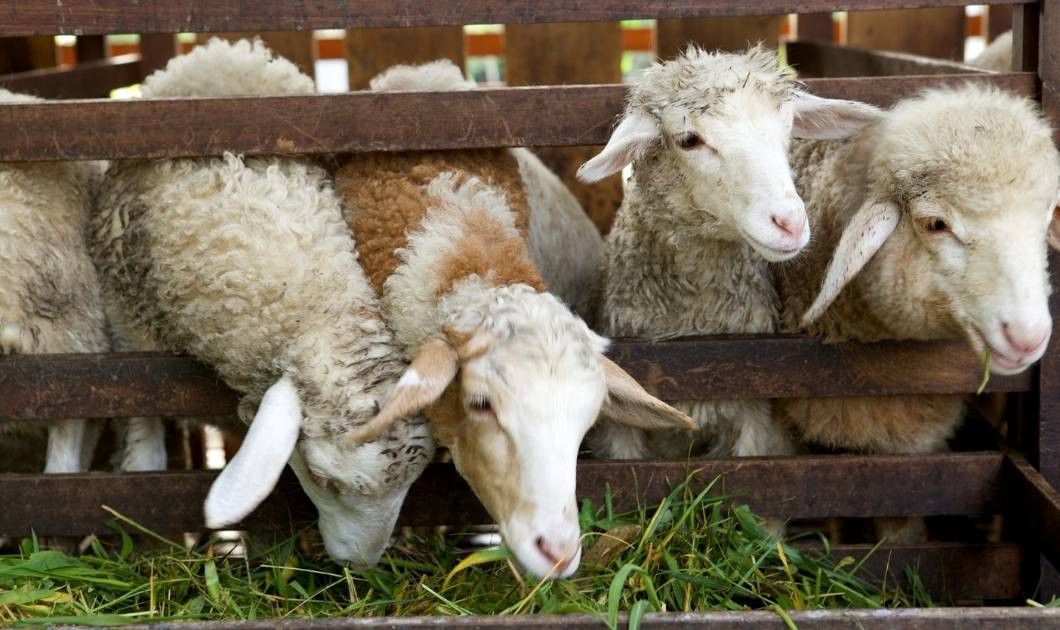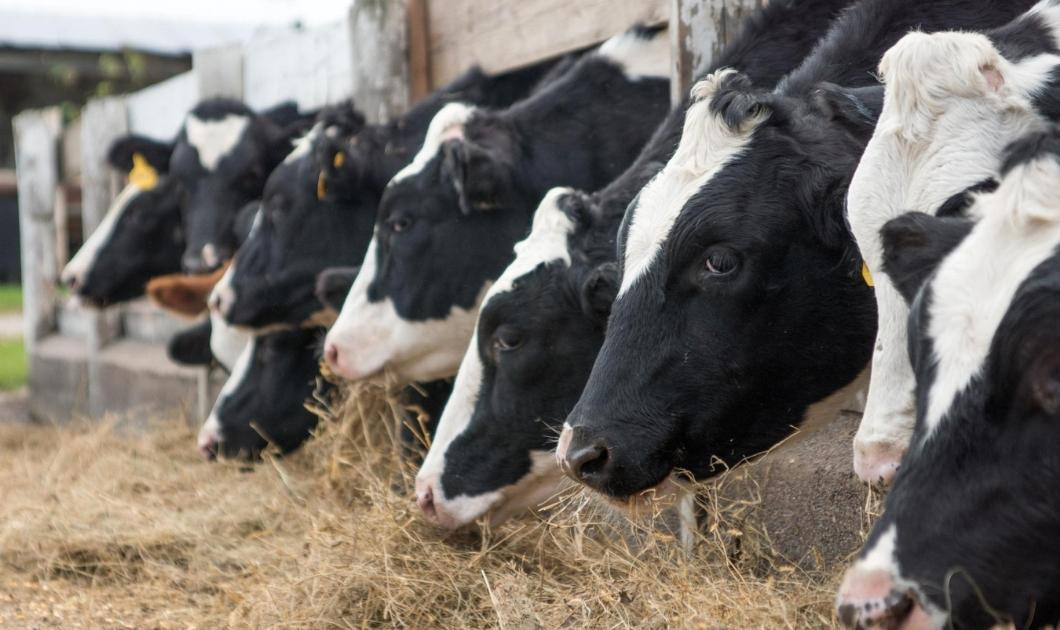Salt is one of the fundamental components in animal nutrition, playing a crucial role in their physiology, health, and productivity. The use of sea salt in the animal feed industry is especially important as it contributes to improving the quality and nutritional value of produced feeds, while supporting animal welfare and the efficiency of livestock operations. Providing adequate salt in animal diets is not a luxury but a necessity, especially during periods of increased demand such as lactation or intensive fattening.
Nutritional and biological importance
The addition of salt to animal feed serves multiple functions:
Balanced nutrition: Sodium and chloride, the main components of salt, are essential for the proper functioning of the animal’s body, helping regulate osmotic pressure and fluids balance.
Hydration: Salt promotes water intake, improving hydration and preventing dehydration during periods of high temperatures or stress.
Neuromuscular function: It facilitates the transmission of electrical signals along nerves and the smooth muscle function, which is vital for livestock such as dairy cows.
Appetite and digestion: Salt stimulates appetite, enhancing feed intake and facilitating digestion.

Balance of salt intake in animal nutrition: deficiency and toxicity
A balanced intake of sodium and chloride is critical for animal health and productivity. Deficiency can cause reduced appetite, delayed growth, decreased production or deterioration in milk or egg quality, and in severe cases, neurological symptoms such as seizures, cerebral edema, or even death.
Though sodium deficiency is rare in well-managed feeding systems, it may arise from mixing errors or inadequate control. On the other hand, excessive salt intake can be toxic, particularly when access to clean fresh water is limited.
It is also important to consider total salt intake from water consumption, especially in regions with brackish well water, as this could increase the risk of unintentional overdosage.
Selection and role of salt particle size
The proper particle size (granulometry) of sea salt is critical for effective incorporation into animal feed. The degree of grinding affects the rate of intake, mixing uniformity, and absorption within the digestive system:
0 - 1 mm: Ideal for small animals or mixtures requiring complete uniformity. Allows rapid dissolution and absorption.
0.7 - 1.4 mm: Suitable for general use in feed production units, as it blends easily with other raw materials.
1.4 - 2.5 mm: Chosen for special formulas or animals requiring slow, gradual salt intake, reducing the risk of overconsumption.
With over 110 years of experience, Dadakarides Salt S.A. offers high - quality salt in these granulometries, ensuring that animal feeds are safe and fully nutritious. The variety of particle sizes enables feed manufacturers to tailor formulations to the needs of each species and age group, enhancing feeding efficiency.
Practical application and benefits in the animal feed industry
Salt use is not limited to sodium supplementation but has multiple applications that overall improve the nutritional value and quality of animal feeds:
Carrier of trace elements: Sea salt is often used as a medium for enriching feeds with selenium, zinc, iodine, and other essential minerals, facilitating their uniform distribution in the mix.
Flavor balance: It improves taste, encouraging feed intake and preventing selective feeding, especially in young or stressed animals.
Feed preservation: Due to its antimicrobial properties, salt reduces the risk of bacterial and fungal growth, extending feed shelf life.
Improved nutrient absorption: Studies have shown that correct salt dosing can enhance nutrient absorption, increasing milk production and improving body growth.
The integration of sea salt into animal feeds is not merely a supplementary practice but a fundamental pillar for producing healthy, balanced, and efficient diets. Choosing the appropriate particle size, enriching with essential trace minerals, and adhering to recommended dosages can significantly improve animal health, growth, and productivity. By using suitable salt products, animal feed companies can meet the demands of modern animal nutrition, ensuring sustainable development and quality animal products for the market.

